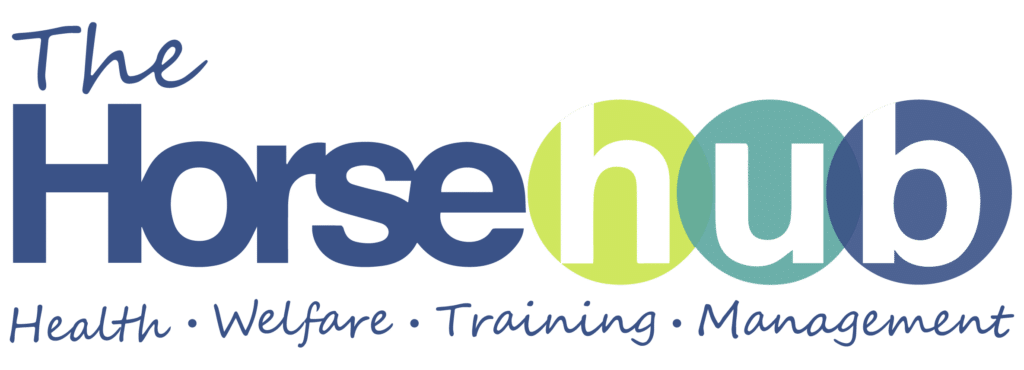Training and Management
Pre-purchase veterinary examinations – an insurer’s perspective
The Horse Hub talks to KBIS, to find out what the insurance companies take into consideration when you’ve found the perfect horse and want to cover your precious new purchase
The first thing to understand is that your vet will be assessing if any findings impact on whether a horse is suitable for the activities you have in mind. On the other hand, an insurer will be assessing whether the findings make the horse a higher risk of suffering an injury or illness – there is a difference. This is why although the horse may be deemed suitable by the vet, anything the horse has that may increase their risk of injury or illness will be excluded by the insurance company. If you have a pre-purchase veterinary examination (and/or radiographs) carried out and, are unsure of the impact anything noted on these would have on insurance, contact your insurer before going ahead with the purchase. They will be able to review these and advise on any exclusions that would be placed on the horse, so you then have the full facts to decide whether proceed.
Bear in mind that to be acceptable for an insurance company, a vetting must have been carried out in your name, not just a generic vetting that a vendor may have had done for the horse’s sale. This is to ensure the examination is carried out with the activities for which you wish to use the horse in mind, so the horse is passed or failed on this accordingly.

Is it time to negotiate?
In some cases, the vet may feel a horse is not suitable for the intended use, but you may still be interested in going ahead with the purchase, perhaps using the findings of the vetting as a point for negotiation on the price. If insurance is something you’ll want to take out for a horse that’s down on the vetting certificate as ‘does prejudice this horse’s suitability for purchase to be used for XYZ activities’, it is important to find an insurer that will take on this risk. To find out what impact this might have on the insurance, send a copy of the vetting to the insurance company along with details of the cover you would be looking for. Tthey will be able to confirm this is possible or, what alternatives there may be depending on the value of the horse and the reason it has been deemed unsuitable for the chosen activities.
Equine Team Manager at KBIS Mike King says ‘Veterinary examinations are a great way to ensure horses are healthy, sound and, suitable for any activities you have in mind when you’re looking at buying a new horse. It’s worthwhile involving your insurance company as early as possible, sometimes even before a vetting is carried out or you’ve gone ahead with the purchase, so you can make sure all vetting requirements are met for the value of the horse and cover you wish to take out.’
Remember, it can pay to get your insurance in place from the get go. As soon as you have paid for the horse, even if it’s just a deposit initially, you have an insurable interest and therefore can take out cover. With KBIS, if you insure your horse within 7 days of purchase, and your vetting is no more than 2 weeks old at this point, your horse will have full cover as per their certificate of insurance straight away, without a limitation period. Things often don’t go to plan, and a new horse in unfamiliar surroundings can be an accident waiting to happen, so don’t delay and make sure cover is in place from the minute they step foot on the lorry.
